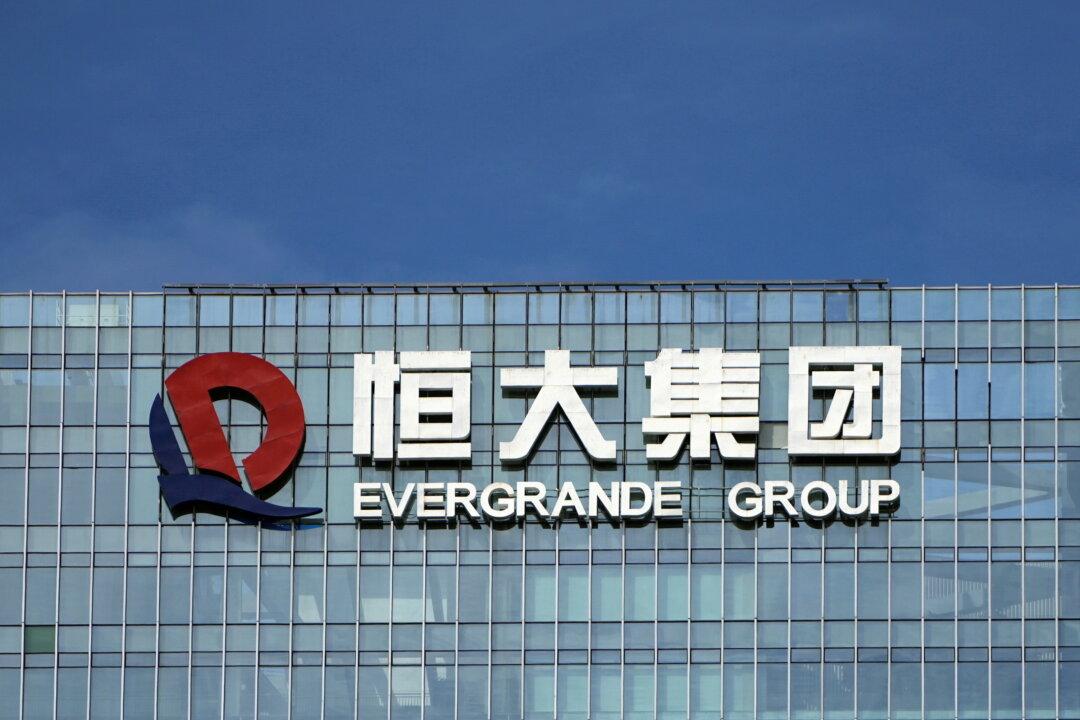Shares of Alibaba Group Holding Limited, Baidu Inc., Tencent Holdings Inc., Xpeng Inc., and Li Auto Inc. fell in Hong Kong on Friday, while JD.Com Inc. traded higher.
What’s Moving
Chinese e-commerce giant Alibaba’s shares traded 0.9 percent lower at HKD 122.30 ($15.68) in Hong Kong, while peer JD.Com’s shares have risen 0.8 percent to HKD 313.40 ($40.18) .Technology company Baidu’s shares have lost 1.2 percent to HKD 145.40, ($18.64) while tech conglomerate Tencent’s shares are down 0.3 percent to HKD 471.40 ($60.44).





